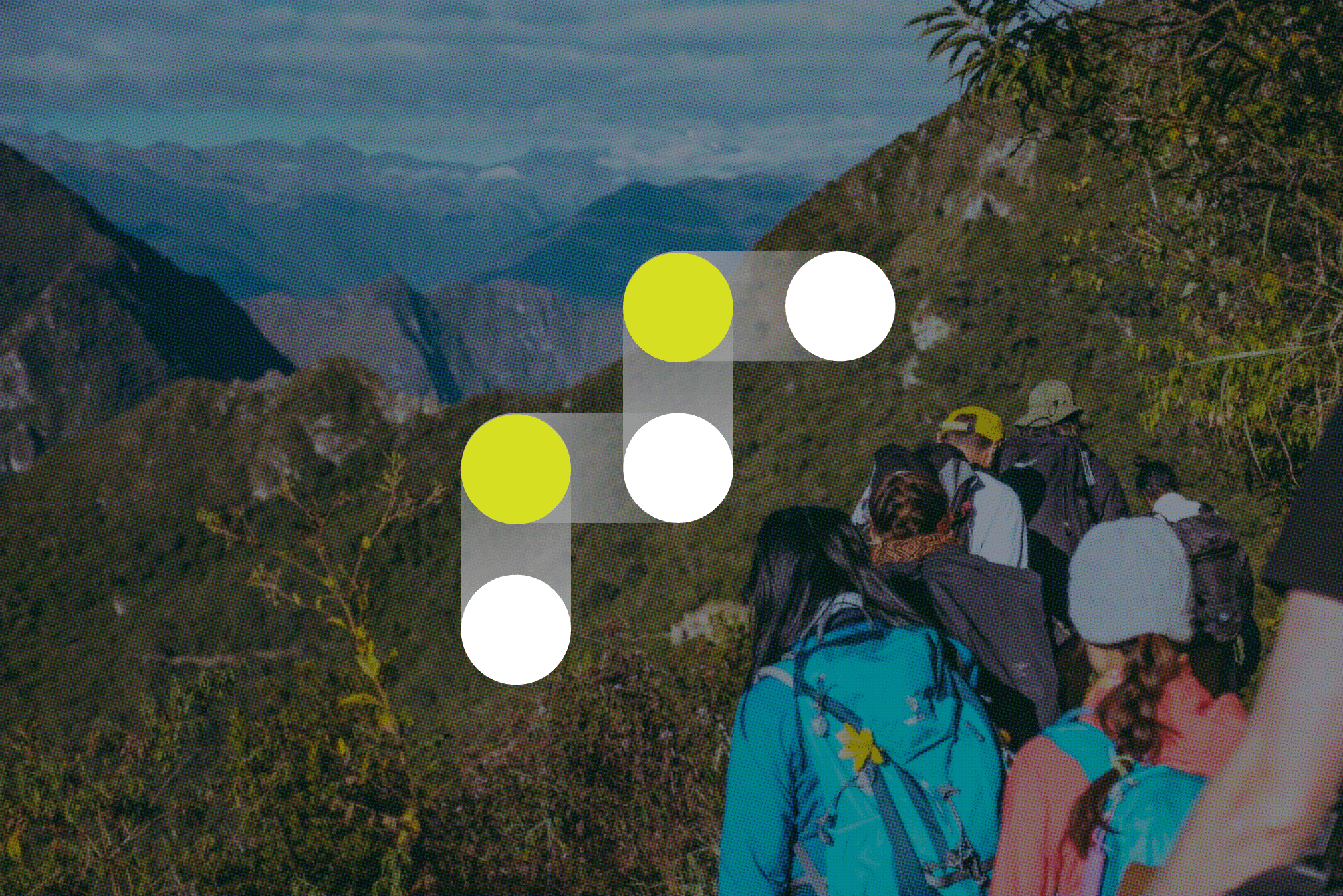Solving a problem or discovering something new often requires access to tools. World-changing inventions can lead to world-changing innovation, and improving access to tools can improve access to discovery.
Tool Foundry, a Luminary Labs initiative supported by the Gordon and Betty Moore Foundation and Schmidt Futures, is advancing accessible tools for scientific discovery. This week, we announced the five teams who will join Tool Foundry’s four-month accelerator, a program designed to turn accessible tool prototypes into sustainable businesses.
Tool Foundry received 71 applications from inventor teams from across the United States. Applicants represented universities, startups, makerspaces, and hardware organizations working on a wide variety of tools. Tool Foundry’s review panel conducted the first round of application review, narrowing the field to 12 cohort candidates. The cohort candidates presented to the selection committee last week at the Carnegie Institution for Science in Washington, D.C., and answered questions about the potential impact and scalability of their tools.
Twelve really amazing teams working on powerful tools for scientific discovery. I left inspired and really excited about the future of science! Thanks to all the teams and to @LuminaryLabs, @SchmidtFutures, and @MooreFound. https://t.co/gGdcQCBGBg
— roberto barbero (@robbiebarbero) July 10, 2019
With accessible scientific tool prototypes ranging from modular lab equipment to field research tools, the cohort candidates impressed the committee members with their ingenuity and unique perspectives.
3/ There is so much demand to unlock scientific potential in global communities with access to affordable scientific instrumentation. From mass spectrometers and CT scanners to PCR machines, IoT chips and precise XY stage manipulators etc. Reduce cost + improve usability.
— Bilal Zuberi (@bznotes) July 9, 2019
The cohort — a diverse group that includes graduate students, professors, inventors, and entrepreneurs — is advancing tool prototypes to unlock scientific potential around the world. Their tools are designed for use in areas such as environmental testing, biomedical imaging, and microscopy — and provide a significant decrease in cost or increase in performance compared with existing tools. Meet the cohort teams and learn more about their prototypes.
As a member of the @Tool_Foundry selection committee, I’m excited about the potential of scientific tools & diversity of the cohort. Congrats to the teams joining the #accelerator! https://t.co/GZcqtQBfvK@FelesB @Machine_Agency @PrakashLab @AccessSensor @mindseyebiomed1
— Ruthe Farmer (@ruthef) July 17, 2019
The accelerator kicks off later this month, and will emphasize education and collaboration to help teams strengthen their tools and build a foundation for sustainable growth. Cohort teams will work one-on-one with mentors and participate in virtual learning modules presented by experts in user-centered design, sustainable business modeling, and commercialization strategy. The cohort will also participate in an in-person Boot Camp at the Autodesk Technology Center in San Francisco, in partnership with Autodesk Foundation. In November, the cohort teams will present their tools at a celebratory Tool Foundry Showcase.
Be first to receive Tool Foundry updates: Subscribe to the Tool Foundry Journal.

